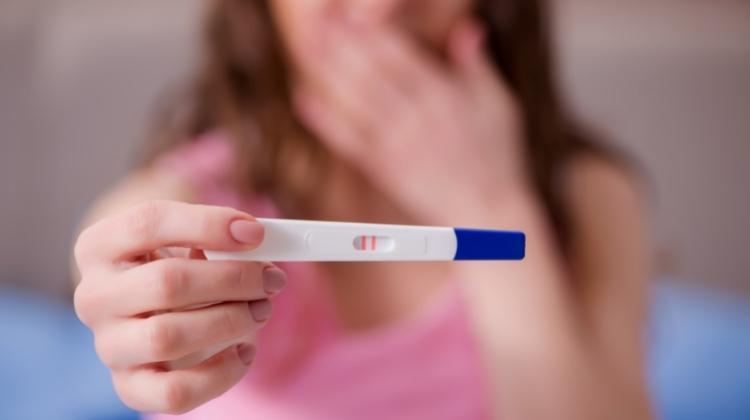Pregnancy is a thrilling and life-changing experience, but it can also be filled with uncertainty and questions, especially for those who are experiencing it for the first time. One common question that many people have is: “What are the first signs of pregnancy?”
First Signs of Pregnancy
The first signs of pregnancy can vary from person to person, and some people may not experience any symptoms at all in the early stages of pregnancy. However, there are some common signs that many people experience, including:
Missed period: This is perhaps the most well-known sign of pregnancy, and for good reason. A missed period is often one of the first things that people notice when they think they might be pregnant.
Nausea and vomiting: Many people experience nausea and vomiting early in pregnancy, often referred to as “morning sickness.” This can occur at any time of day and can range in severity from mild to severe.
Breast changes: During pregnancy, the breasts can become swollen and tender to the touch. They may also feel heavier or fuller.
Fatigue: Many people report feeling very tired during the first few weeks of pregnancy. This can be caused by the body’s increased production of the hormone progesterone, which can make people feel tired and sluggish.
Mood changes: Pregnancy can also cause mood changes, such as irritability, anxiety, or depression. These mood changes can be caused by the hormonal changes that occur during pregnancy.
Headaches: Some people experience headaches early in pregnancy, which can be caused by the increase in hormones.
Constipation: The increase in progesterone during pregnancy can cause constipation.
Spotting: Some people may experience light spotting or bleeding around the time of their missed period. This can be caused by implantation bleeding, which occurs when the fertilized egg implants itself into the lining of the uterus.
Frequent urination: As the uterus grows, it can put pressure on the bladder, causing an increase in the need to urinate.
Increased basal body temperature: Basal body temperature is the body’s temperature at rest. Some people may notice that their basal body temperature stays elevated after ovulation, which can be an early sign of pregnancy.
It’s important to note that these symptoms can also be caused by other things, such as stress, illness, or changes in medication. The only way to confirm a pregnancy is with a pregnancy test. Pregnancy tests work by detecting the presence of the hormone human chorionic gonadotropin (hCG) in the urine.
If you think you might be pregnant, it’s a good idea to take a pregnancy test and visit a healthcare provider. They can help confirm the pregnancy and provide guidance on what to do next.
It’s also important to get early prenatal care, which can help ensure the health of both the mother and the baby. This can include getting regular check-ups, taking prenatal vitamins, and making lifestyle changes, such as quitting smoking and avoiding certain foods and drinks.
Pregnancy can be a joyous and exciting time, but it’s also important to be aware of the potential signs and symptoms and to seek medical advice if necessary. By getting early and regular prenatal care, expectant mothers can help ensure the best possible outcome for themselves and their babies.

 Home
Home Health
Health Diet & Nutrition
Diet & Nutrition Living Well
Living Well More
More












